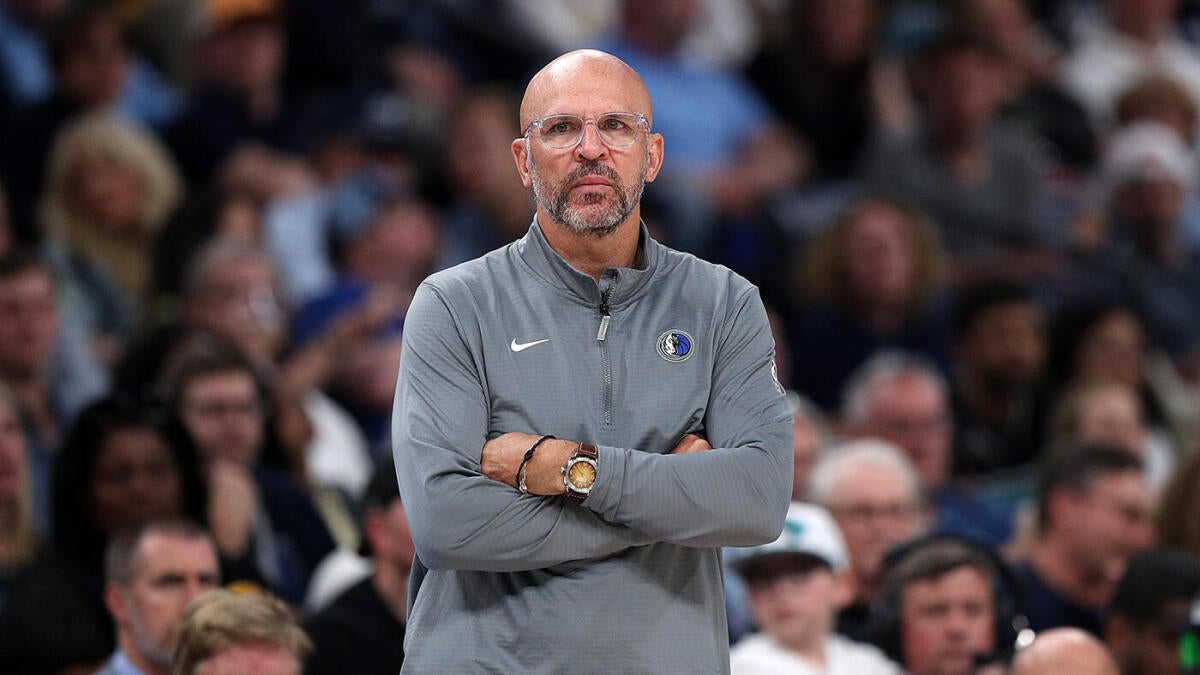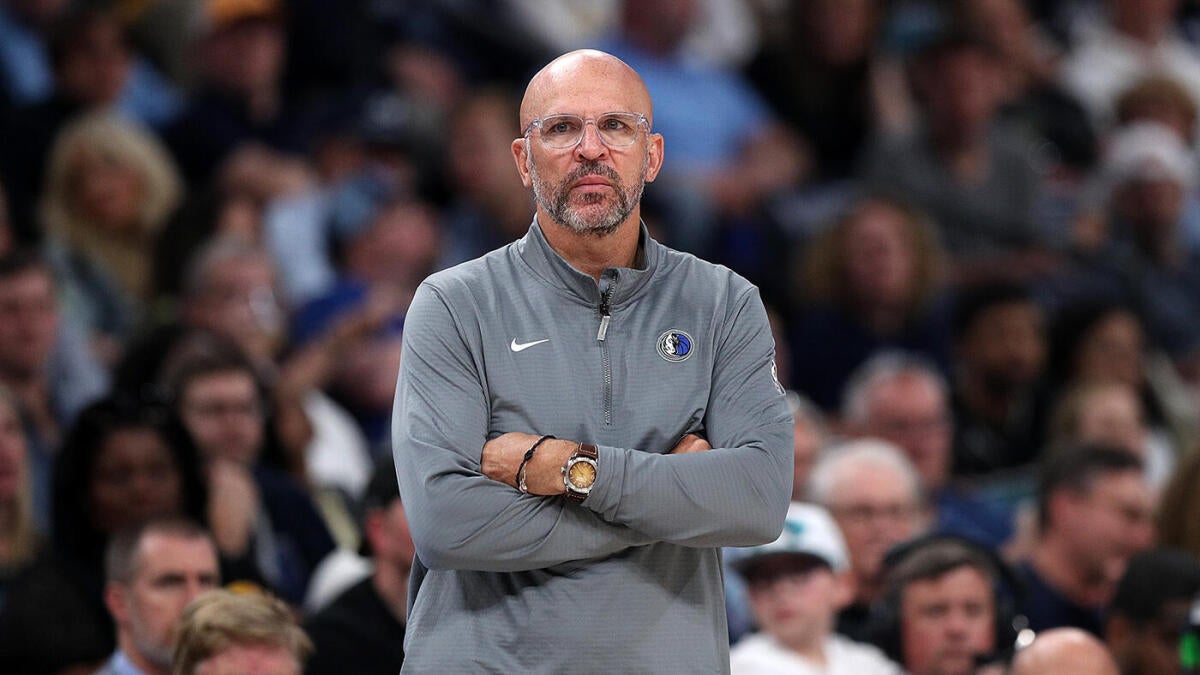The New York Knicks’ Coaching Pursuit and the Jason Kidd Conundrum: A Tale of Ambition and Obstacles
The New York Knicks’ search for a new head coach after Tom Thibodeau’s departure has become a saga filled with high stakes, complex negotiations, and roadblocks emblematic of the modern NBA coaching carousel. At the heart of this narrative stands Jason Kidd, the Dallas Mavericks head coach, whose potential move to New York has been thwarted by Dallas’s firm refusal to permit interviews. This situation reveals not only the intricate dance of power and strategy within professional basketball but also underscores the challenges the Knicks face in shaping their future leadership.
The Intricate Landscape of New York’s Coaching Hunt
The Knicks’ urgency to find a new coach was evident following Thibodeau’s exit, but their journey has been anything but straightforward. Jason Kidd quickly emerged as a leading candidate. His NBA credentials, head coaching experience with multiple teams, and connection to Jalen Brunson— a key figure flourishing under his tutelage in Dallas—made him a natural fit for New York’s aspirations.
Despite apparent mutual interest, the Mavericks have resolutely denied Kidd permission to interview with the Knicks, repeatedly rejecting formal requests. This unyielding stance extends beyond Kidd to other candidates the Knicks eyed, like Minnesota’s Chris Finch and Houston’s Ime Udoka, signifying a broader blockade standing against New York in securing top-tier coaching talent.
This unfolding scenario exposes a key reality in the NBA: coaching hires are not merely about talent assessments but also hinge deeply on contractual bindings, organizational interests, and inter-team diplomacy. Kidd’s contract, with two years remaining, allows Dallas to assert control, emphasizing their commitment to retaining their current leadership.
Stakes and Strategy: Dallas Mavericks and Jason Kidd
Dallas’s refusal to release Kidd is a strategic calculation. For the Mavericks, continuity is critical. Kidd is not just a coach; he is a cornerstone of player development and team identity. His enthusiasm for mentoring prospects like Duke’s Cooper Flagg exemplifies his integral role in shaping Dallas’s competitive future.
From Kidd’s perspective, staying in Dallas offers a platform to consolidate his coaching legacy and build on the recent contract extension. The rumors linking him to the Knicks might even serve as leverage to strengthen his position with Dallas management—highlighting how such external interest can influence internal dynamics.
This scenario sends a clear message to the NBA at large: Kidd’s allegiance lies with the Mavericks, alleviating concerns over midseason distractions or fractured leadership amid a highly fluid coaching market.
Consequences for the Knicks: Recalibration and Creativity
With the Mavericks and other teams blocking access to preferred coaching targets, the Knicks face a narrowing of viable options. They must pivot from a reliance on established names toward a broader, more creative search strategy.
This constraint pushes New York to consider assistant coaches, promising head coaches from the college ranks, or NBA assistant coaches poised for promotion. Such a move might be less conventional but could lead to discovering untapped talent capable of transforming the team’s trajectory.
The Knicks’ initial hesitancy and timing in formally requesting interviews suggest a search process both cautious and fragmented, revealing how NBA coaching pursuits demand not only skill evaluation but also delicate negotiation and timing.
Forward-Thinking: Strategic Outlook for Both Franchises
For New York, the imperative is clear: Identify a coach who can revive the franchise’s fortunes while navigating a limited candidate pool. Success may depend on expanding vision and embracing unconventional choices who can bring fresh perspectives and sustained development.
Dallas, on the other hand, must harness the stability afforded by Kidd’s retention. The Mavericks’ firm stance exemplifies confidence, aiming to preserve continuity and send a message that their leadership is non-negotiable. However, if external interest intensifies, Dallas might need to engage in future dialogues, though their current posture remains resolute.
For Kidd, this juncture is pivotal. His profile remains that of a sought-after coach with a compelling résumé, yet his future is firmly intertwined with Dallas’s trajectory for now. How he navigates potential external allurements versus internal loyalty will define the next chapter of his coaching career.
Conclusion: Coaching Decisions as a Microcosm of NBA Dynamics
The Knicks’ pursuit of Jason Kidd captures the volatile interplay between ambition, opportunity, and control in NBA coaching hires. Dallas’s denial to permit Kidd’s interview signifies not just a legal or contractual decision but a broader assertion of organizational power and stability.
For the Knicks, this obstacle is both a setback and a catalyst to innovate their search approach—pushing them toward potentially transformative alternatives. Dallas and Kidd, conversely, momentarily reinforce their unity and shared vision, standing as a symbol of coaching stability amid league-wide flux.
This episode encapsulates the intricate balancing act in professional basketball: teams juggle loyalty with ambition, opportunity with protection, and the quest for leadership that can shape their destiny on and off the court.












